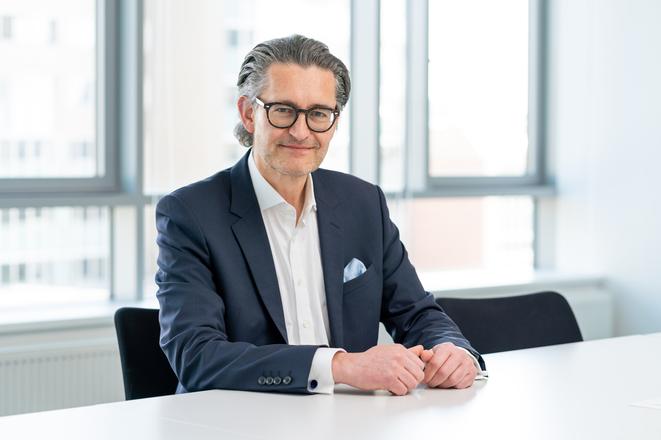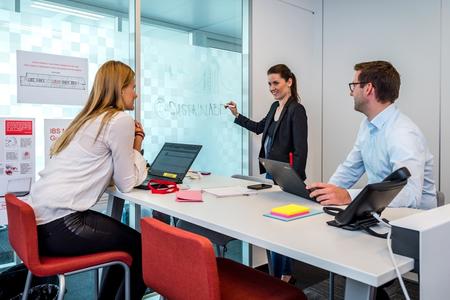Business service centres in Slovakia are gradually transforming from unfulfilling, transactional roles to activities requiring special skills and expertise. The story of Henkel’s business service centre in Bratislava follows this trend. In 15 years, it has developed into a centre that provides advantageous activities for the whole corporation.
The Slovak Spectator spoke with Christian Schulz, President of Henkel Slovensko and Head of Global Business Solutions+ Bratislava, about the impacts of the pandemic and the changing workforce needs of the centre he leads.
What have you and your centre learned during the pandemic?
We were able to maintain a very stable performance and a flawless continuation of our services thanks to three factors. First, we’ve had an established home office culture for years. When we asked everybody to work from home in March 2020, we were all prepared for it. Secondly, we have a robust infrastructure in terms of hardware and software. Of course, we also sought acceleration of software like many others. The third factor that helped us a lot to maintain operations and keep our employees engaged is that our teams very quickly adapted all processes that previously required onsite presence to a virtual setup.
Other key lessons were in maintaining team spirit and the digital upscaling of the entire group. I think the pandemic served as a kind of accelerator for the latter. In some cases, it’s even better to collaborate in a virtual meeting; the big advantage of virtual collaboration is that it’s very democratic. Everybody is in the same position during a remote meeting.
Mental health was a challenge too.We focused on this area a lot even before the pandemic and we continue to run several initiatives for our employees’ wellbeing.
At Henkel, shared service centres have changed to global business solutions+. What does this change mean for Bratislava?



